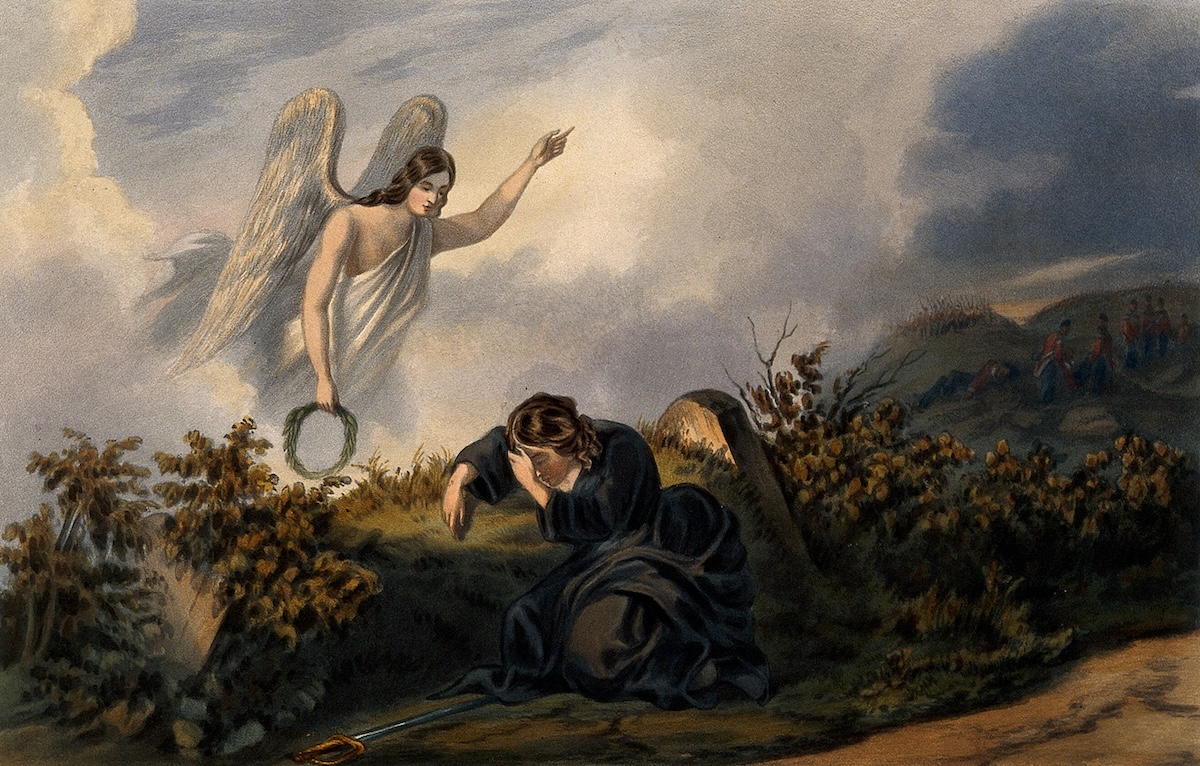Unpacking the Tragedy: Crimean Quagmire by Gregory Carleton
History Indian HistoryPosted by NewAdmin on 2025-01-30 09:38:31 |
Share: Facebook | Twitter | Whatsapp | Linkedin Visits: 26

The Devastating Impact of the Crimean War
The Crimean War is often remembered for the tragic loss of life, caused not just by battle but by poor medical care, inadequate logistics, and neglect. Cavalry charges against cannons, soldiers left to die of wounds, starvation, or exhaustion, and military hospitals where more than half the patients died, painted a grim picture of the conflict. This wasteful loss of life was the focus of embedded journalists like William Howard Russell, whose reports for The Times exposed the incompetence of military authorities and the dire conditions faced by soldiers.
Tolstoy’s Perspective on War
Russian writer Leo Tolstoy, in his Sevastopol Stories, provided a unique view of the war, highlighting not only the brutality of the fighting but also the psychological effects of war on soldiers. Tolstoy was particularly focused on how soldiers and officers reacted to death, contrasting the agony of the educated with the acceptance of death by the common soldier. His writing, though censored, conveyed a deep humanism and captured the emotional turmoil of war.
The War’s Political and Strategic Quagmire
Gregory Carleton views the Crimean War as a quagmire, with no territorial or political gains for any of the involved powers. Russia sought to control the Black Sea and the Balkans, while Britain and France aimed to prevent Russian dominance. Despite modern advancements in weaponry, the war failed to produce the kind of technological change seen in future conflicts. Instead, it became a senseless and costly encounter between forces with little to gain from victory.
Russian Treatment of Prisoners and Civilians
Amid the brutality of the war, Russia’s treatment of prisoners of war stood out for its unexpected kindness. British, French, and Ottoman prisoners were provided with generous accommodations, food, and even employment, unlike the harsh treatment often seen in wartime. The Russian authorities, especially under liberal leaders like Mikhail Vorontsov, offered a level of hospitality that contrasted with the cruelty of the fighting, providing a complex view of the war beyond just the violence and suffering.
Search
Categories
Recent News
- Chelsea's Cup Dreams Shattered: Fofana's Emotional Exit
- Kante's Turkish Twist: Fenerbahce Seal the Deal
- Kerala Defies Central Advice on Rice Incentives
- Naked Chaos at Bangalore's Elite Club: A Shocking Incident
- Solar Fury: ISRO's Vigil Against Radio Blackout
- Indian Markets: AI Jitters Halt Rally, IT Stocks Take a Hit
- SEBI's Reformative Push for Market Integrity
- South Africa's Cricket Renaissance: A Squad with Depth
Popular News
- Navigating IPO Market Dynamics Amid Volatility and Regulatory Changes
- Massive Worldwide Microsoft Outage Disrupts Multiple Sectors
- Panjapur Bus Stand to Reshape TNSTC Routes
- తెలుగుదేశం పార్టీ - పేదరికాన్ని నిర్మూలించడంలో వాగ్దానం
- Universities Embrace Remote Learning Technologies Amidst Ongoing Pandemic